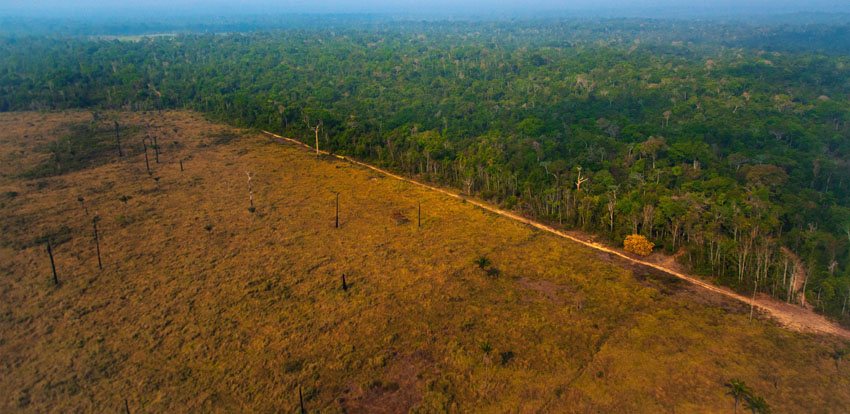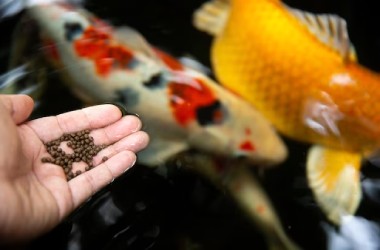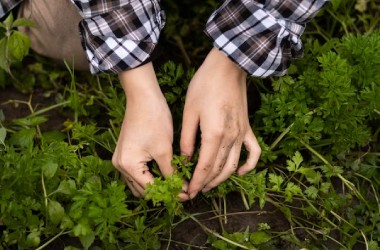
Grain consumption is pivotal in producing protein-rich foods, providing essential nutrition for humans and livestock.
Nevertheless, the growing demand for grains and cereals as crucial food ingredients has led to substantial changes and deterioration in land use. The heavy dependence of intensive or industrialized farming on chemical fertilizers worsens this situation. As a result, the proliferation of industrial farms contributes significantly to deforestation, soil degradation, and biodiversity loss, presenting severe environmental challenges.
Escalating Impact on Land Use
The increasing global demand for grains, crucial for animal feed and food processing, drives the expansion of agricultural land. Consequently, industrialized farms clear vast areas of forests and natural habitats, causing widespread deforestation; this accelerates climate change by releasing stored carbon and disrupts the delicate ecological balance, threatening various plant and animal species.
Soil Degradation
Intensive farming practices heavily reliant on chemical fertilizers may boost crop yields but gradually degrade soil health. These fertilizers deplete essential nutrients and organic matter, leading to decreased fertility. Consequently, farmers increasingly depend on chemical inputs to maintain productivity, resulting in a concerning cycle of soil degradation.
Biodiversity Loss
The conversion of natural ecosystems into monoculture fields results in significant biodiversity loss. Native plants and wildlife struggle to survive in these altered landscapes, leading to decreased species diversity. This biodiversity loss has far-reaching consequences, impacting ecosystem stability, natural pest control, and environmental resilience.
Finding Sustainable Solutions
Addressing the environmental impact of protein production requires adopting more sustainable agricultural practices:
a. Encouraging diversified farming practices enhances soil fertility, reduces pest pressures, and promotes environmental resilience.
b. Supporting organic and regenerative farming methods minimizes reliance on chemical fertilizers, prioritizes soil health, and preserves biodiversity.
c. Protecting and restoring natural habitats helps preserve biodiversity and mitigate deforestation's impact.
d. Implementing measures to reduce food waste alleviates pressure on grain production and its associated environmental impacts.
Grain consumption remains a fundamental aspect of protein-rich food production, fulfilling nutritional needs for humans and livestock alike. However, the escalating demand for grains has led to significant land use changes, soil degradation, and biodiversity loss. By embracing sustainable farming practices, supporting conservation efforts, and adopting responsible food production and consumption, we can pave the way toward a future where protein production harmonizes with environmental conservation.







.jpg)





